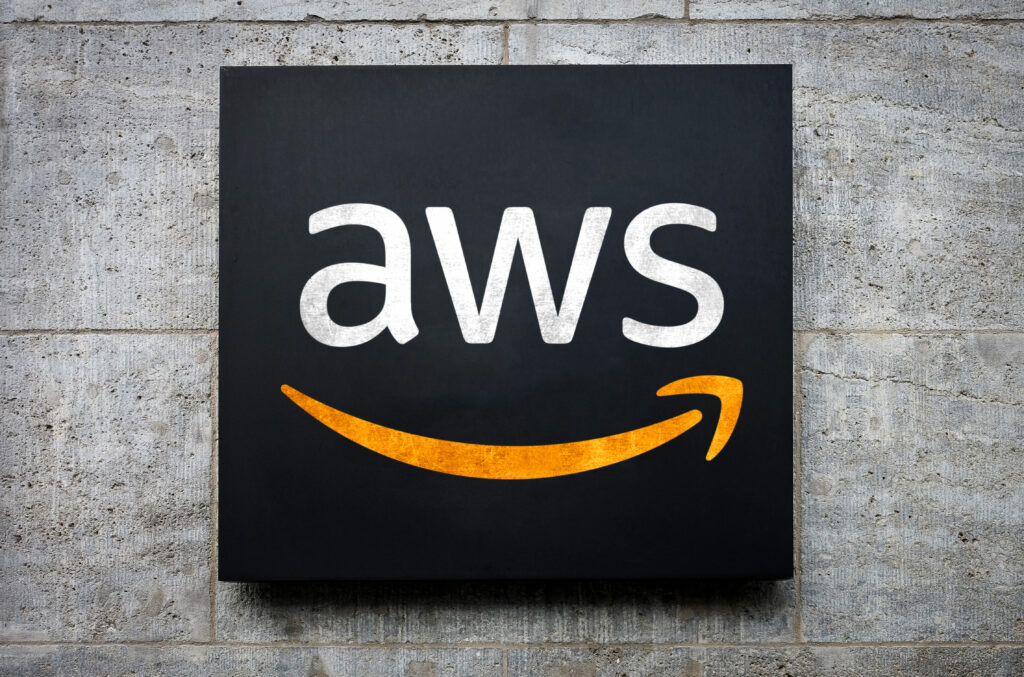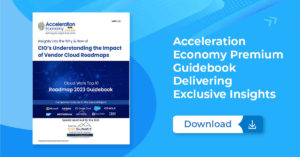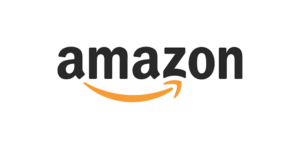
While it’s no surprise that quarterly cloud growth rates are less frothy than they were 12 months ago, the Q1 results from AWS might call for some extra scrutiny because not only did AWS growth tumble to 16% from last Q1’s 37%, but Microsoft Cloud grew much faster in Q1 than did AWS.
Now, for a massive business like AWS to grow 16% on a base of $18.44 billion is no mean feat, and the resulting Q1 figure of $21.35 billion puts AWS on an annualized run rate of more than $85 billion.
But, to quote some great philosopher somewhere who surely at some point must have said something like this, “The numbers are the numbers.”
And since AWS is lashed inextricably to a relentless growth market with all the expectations that come with that affiliation — in fact, AWS is one of the primary category creators of the greatest growth market the world has ever known — these numbers do not tell a pretty story for AWS and CEO Adam Selipsky:
- AWS Q1 growth rate: 16% (a year earlier, it was 37%)
- Microsoft Cloud Q1 growth rate: 22% (for Microsoft, fiscal Q3)
- Google Cloud Q1 growth rate: 28%
- Oracle Cloud most recent growth rate: 45% (fiscal quarter ended Feb. 28)
There are no doubt many reasons why AWS is growing dramatically more slowly than its competitors, but one that keeps coming to mind for me is that Microsoft, Google Cloud, and Oracle are all more deeply committed to software than AWS is.
Now, before you AWS fans blow a gasket, I’m not saying AWS isn’t doing anything in software — clearly, it is with its extensive database portfolio, AI and ML tools, and even its fledgling move into enterprise apps with AWS Supply Chain, which I analyzed extensively several weeks ago.
But on a relative basis, the comparison is completely valid. Microsoft and Oracle were pure-play software companies for the first 35-40 years of their existence, and Google Cloud’s roots are broad and deep in the world of databases, analytics, cybersecurity, integration, and more.
To hear practitioner and platform insights on how solutions such as ChatGPT will impact the future of work, customer experience, data strategy, and cybersecurity, make sure to register for your on-demand pass to Acceleration Economy’s Generative AI Digital Summit.
Yes, the market is tough, and yes, customers are more demanding, and yes, customers are stretching out buying decisions. But look again at these cloud growth rates for four companies competing viciously against each other in an absolutely massive market:
- Oracle, 45%
- Google Cloud, 28%
- Microsoft, 22%
- AWS, 16%
In some cases, the trend is your friend. Right now for AWS, I don’t think that’s the case.










